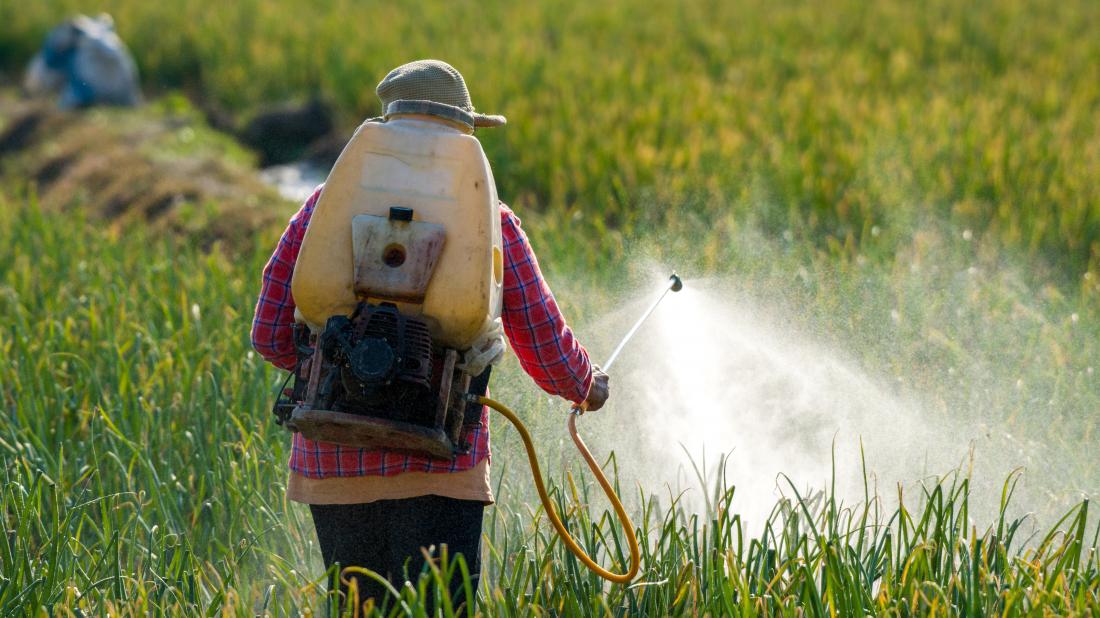Pesticide Usage in Mauritius
In 2014, Mauritius, a small island nation, was surprisingly ninth in Africa for pesticide use. The introduction of the Pesticides Act in 2018 aimed to curb this alarming trend, but the effectiveness of this legislation is still under scrutiny.
Health Concerns
The health risks associated with pesticides are significant. A 2016 study by l’express found that 20% of crop samples had pesticide levels exceeding safe limits. Carrots and pineapples were particularly concerning, with high levels of Profenofos and Diuron respectively.

Overuse and Ignorance
Mahen Seeruttun, the former Agro-Industry Minister, suggested that ignorance about proper pesticide use led to overuse. Kripalloo Sunghoon of the Small Planters Association concurred, noting that infestations often lead planters to overuse pesticides, inadvertently wasting money and increasing health risks.
Agricultural Changes
Despite a decrease in agricultural land use since 2018, pesticide imports have paradoxically increased. Sunghoon attributes this to the reduced effectiveness of bio-pesticides and a lack of labour, which has led to an increased reliance on herbicides.
Health Impact
Exposure to pesticides has been linked to various cancers and health issues. Anwar Husnoo, the former Health Minister, stated in 2017 that an average person unintentionally ingests two kilos of pesticides annually. Alarmingly, he reported 136 hospitalisations for pesticide poisoning in 2017 alone.
Regulatory Measures
The 2018 Pesticides Act aimed to regulate pesticide use to protect both human health and the environment. However, despite this legislation, the Pesticides Regulatory Office still finds samples exceeding the Maximum Residue Limits (MRL). The act allows for penalties against non-compliant planters, but there’s no data on enforcement, raising questions about its effectiveness.
Consumer Awareness
Until stricter regulations are in place, consumers must resort to washing and peeling produce to reduce pesticide exposure. The nutritional value of organic versus conventional crops remains unproven. This leaves consumers in a difficult position, forced to navigate the potential risks of pesticide exposure while waiting for more effective regulation and enforcement. The situation underscores the urgent need for further research and action to ensure food safety.


